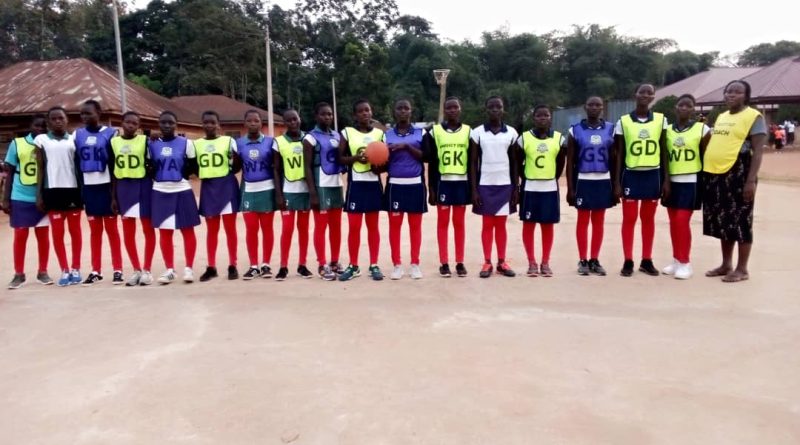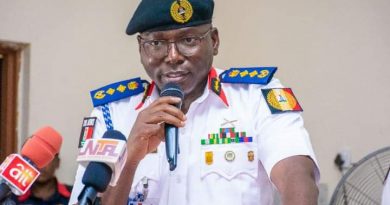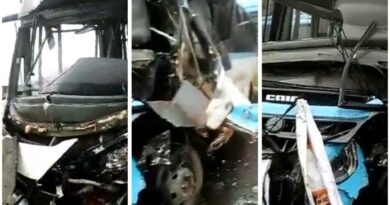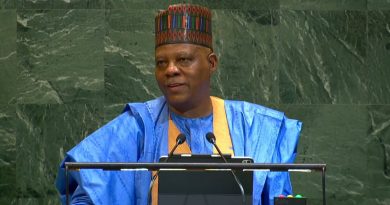IDPs Uhogua Camp Wins Mary Waya Award
By Akeem Busari
The children and youths of IDPs Uhogua (Benin City) Camp recently won the maiden edition of the Mary Waya award. This award which is named after Mary Waya, the current co-coach of the Malawi national netball team is to honour her for defying the outbreak of COVID-19 and taking the risk to come to Nigeria in 2020 to train and certify 24 Nigerians as qualified Netball Africa coaches.
A statement by the Trustees of CSED Initiative stated that the target of the Mary Waya award is to recognise the efforts put in by organisations and group of persons who use the power of sport to overcome tough life circumstances that are beyond their control.
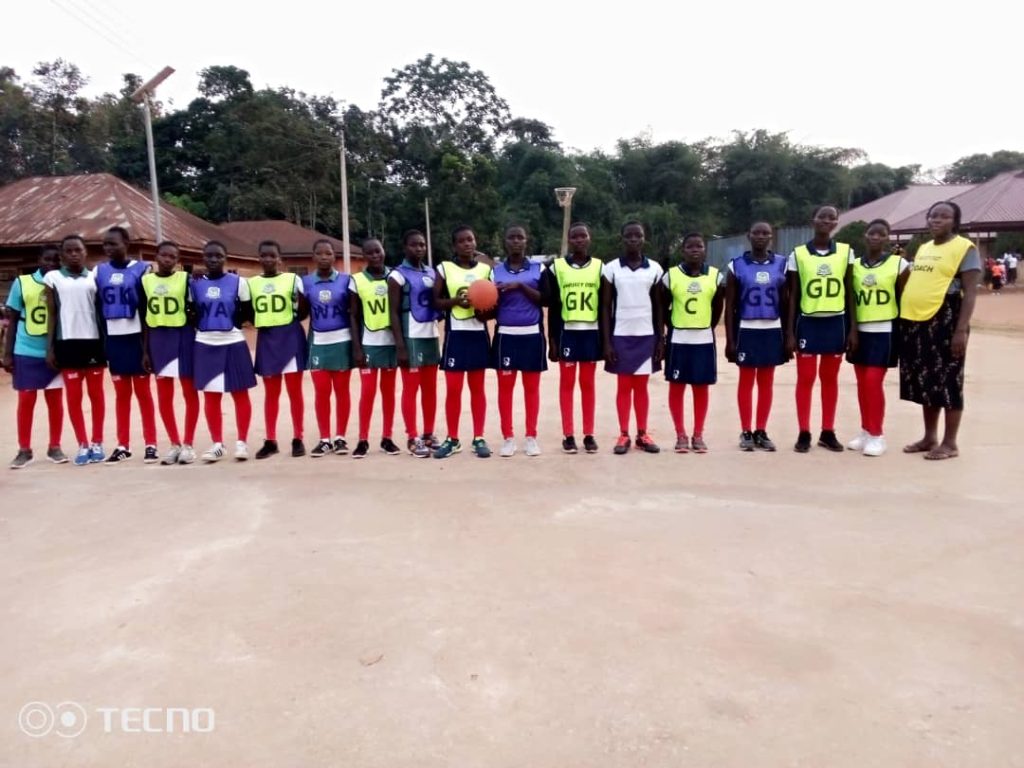
Fast forward to 2025, Mary Waya’s act of selflessness has led to CSED Initiative, who are the netball pacesetters in Nigeria, training and equipping more than 370 P.E. Teachers and community youths for free. This has been done through their “Project 2027” programme that aims at bringing netball to the attention of one million Nigerian school girls.
The work of Mary Waya has also led to CSED Initiative piloting the “Sporting Coders” project, a programme that will enable some selected Nigerian secondary school girls to combine playing the sport they enjoy, with learning how to code or improving their computing skills.
Though netball is specifically a sport that is designed for girls and women, the current goal of World Netball, is to make the sport an inclusive game that should be enjoyed by everyone irrespective of their gender.
CSED Initiative with the support of kits donated by Lord’s Taverners is currently training boys in selected school in Nigeria playing the game of netball. The success of the netball team of Tare Pet School in Bayelsa State has triggered the interest of their male counterpart who have been training just before the end of last school year.
As school male netball team look forward to gaining an upper hand over secondary schools like Oyemekun Grammar School Akure, C.S.C.S. Itam (Akwa Ibom State), Christlike School Benin City and University Secondary School, Nsukka who have netball coaches, and are currently in the process of considering raising a male netball team.
Mary Waya commended the management of IDPs Uhogua, for using the game of netball to support the emotional recovery of some of the residents of the camp that is made up mostly of Nigerians of northern extraction who are victims of the Boko Haram insurgence in the North-East States of Nigeria.
The residents of the Uhogua IDPs camp also have a football and cricket teams that take part in competitions with other secondary schools in Benin City. The Mary Waya award gives the winner a one off 150-thousand-naira cash payment that should be used to support sports and educational activities of the winning school/community.
In terms of academic attainment, the residents of the camp are also punching above their weight, as over 200 of them are currently studying in different universities in Nigeria. Last year, Amo Ishaku, a former resident of the camp who obtained a first-class bachelor’s of Engineering degree from the Edo State University Iyamho, was awarded a PhD scholarship by University of Illinois, Chicago (USA).
While Amos Ishaku continues to strive for excellence in the United States, the educational pursuits of other residents of the camp is continually threatened by lack of funds to feed the residents properly, pay their school fees and meet the basic needs of the more than four thousand residents of the camp.
Some of the questions most Nigerians would want to ask are what role does the Federal, State and Local governments play in supporting vulnerable Nigerian citizens, especially the IDPs? Has the various cash transfer interventions of the Federal Government of Nigeria benefited the IDPs? Should a special intervention fund be set up to specifically support the IDPs? Should the Federal and State Governments not consider granting documented IDPs access to free education and vocational training?
These are some of the pertinent questions that policy makers and the National assembly members should seriously consider. The Children’s Rights Act 2003, which is in operation in Nigeria, does not specifically spell out the responsibilities of the three ties of government in supporting vulnerable Nigerians, who are at risk of destitution, especially IDPs, as those who drafted the Act probably did not envisage a situation where mass displacement of persons is now a regular feature of living in Nigeria.
As a result, social administrators and policy makers have to brainstorm on how to come up with fit for purpose policies that will make our law makers to consider amending the relevant sections of the CRA 2003, with a view of addressing the delicate issue of what role and what level of support should the three tiers of government play in meeting the basic needs of vulnerable Nigerians. Especially the IDPs.

